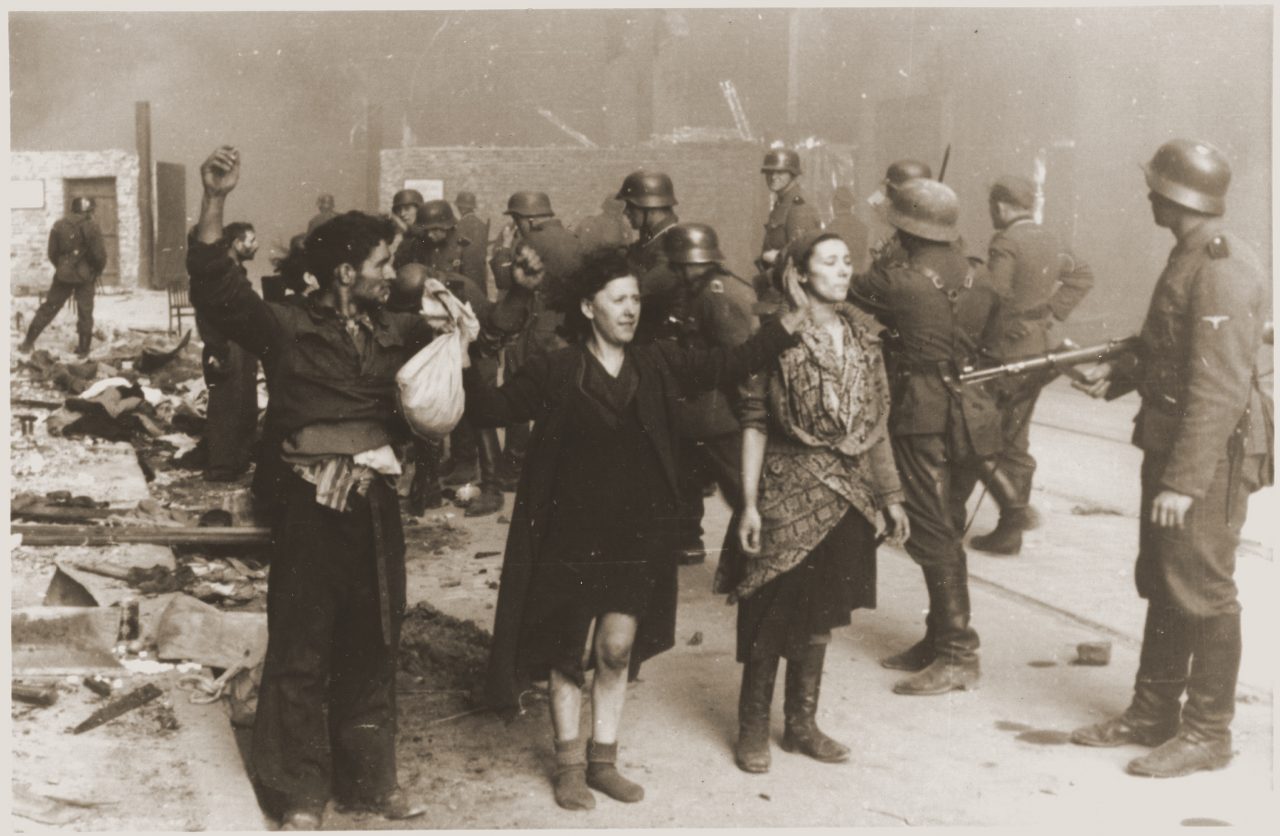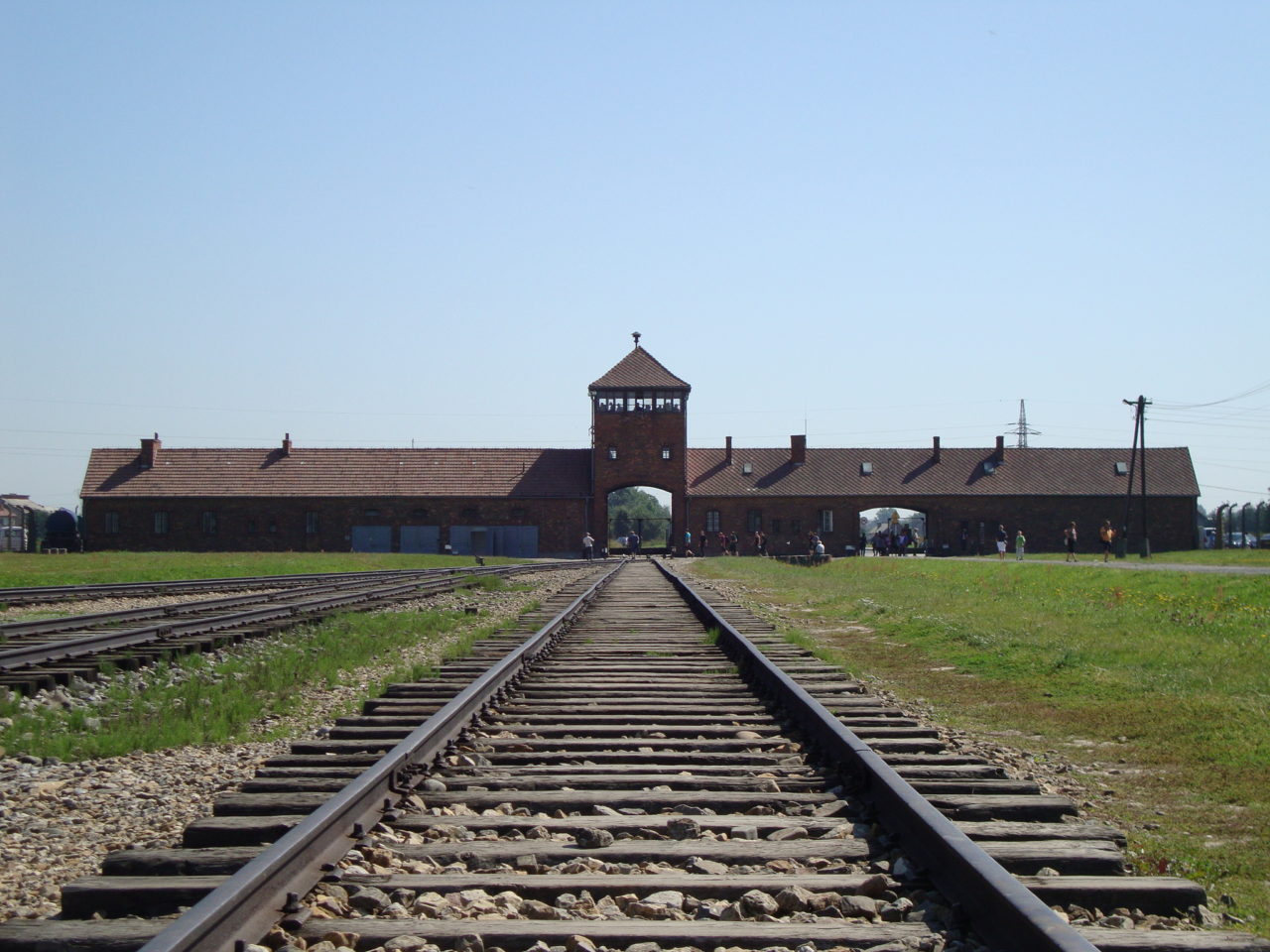1 August 1936: Adolf Hitler opens the 1936 Berlin Summer Olympics
On 1 August 1936 the Games of the 11th Olympiad began in Berlin, in a climate of heightening political and racial persecution in Nazi Germany.
German sporting associations had been excluding Jewish, Roma and Sinti athletes in accordance with an ‘Aryans only’ policy since 1933. By banning anyone not of ‘Aryan race’ from sporting competition, Hitler ensured that only those Germans deemed ‘racially acceptable’ could represent Germany at the Olympics. Despite these discriminatory policies, the Nazis promoted an image of a peaceful, tolerant Germany to the world for the duration of the August 1936 Olympics.
In preparation for the Games, strict anti-racist directives were issued to the German media, and anti-Jewish propaganda and signage was removed in Berlin, to be replaced with nationalistic imagery. In July 1936 around 800 Roma people living in Berlin were rounded up and imprisoned in a camp in the Berlin suburb of Marzahn for the duration of the Games.
Regardless of these efforts to deceive the world, international pressure on the Nazis to stop Jewish persecution continued to mount. In a token gesture the German Olympic Committee allowed just one athlete of Jewish descent to compete – blonde-haired Helene Mayer. Although Mayer endured some criticism for competing in the ‘Nazi Olympics’, her silver medal and those of countless other ‘non-Aryan’ competitors, including four-time gold medallist and black American Jesse Owens, served to undermine Nazi theories of racial supremacy.
In the lead-up to the Games, the United States and other western democracies discussed the possibility of staging Olympic boycotts, leading to debates in many countries. In New York on 15 November 1935 the Committee on Fair Play in Sports declared:
Sport is prostituted when sport loses its independent and democratic character and becomes a political institution… Nazi Germany is endeavouring to use the Eleventh Olympiad to serve the necessities and interests of the Nazi Regime rather than the Olympic ideals.
However, once the Amateur Athletic Union of the United States narrowly voted in favour of participation in the Games, other countries also decided to participate. It has been argued that by failing to boycott the Games, the world missed an opportunity to send a clear message of opposition to Nazi tyranny, which may have affected the policies that culminated in World War Two and the Holocaust. While we will never know if this is the case, we can reflect upon the 1936 Olympics and recognise the importance of upholding and enacting Olympic values of respect, fair play and equality whenever we see discrimination taking place.



